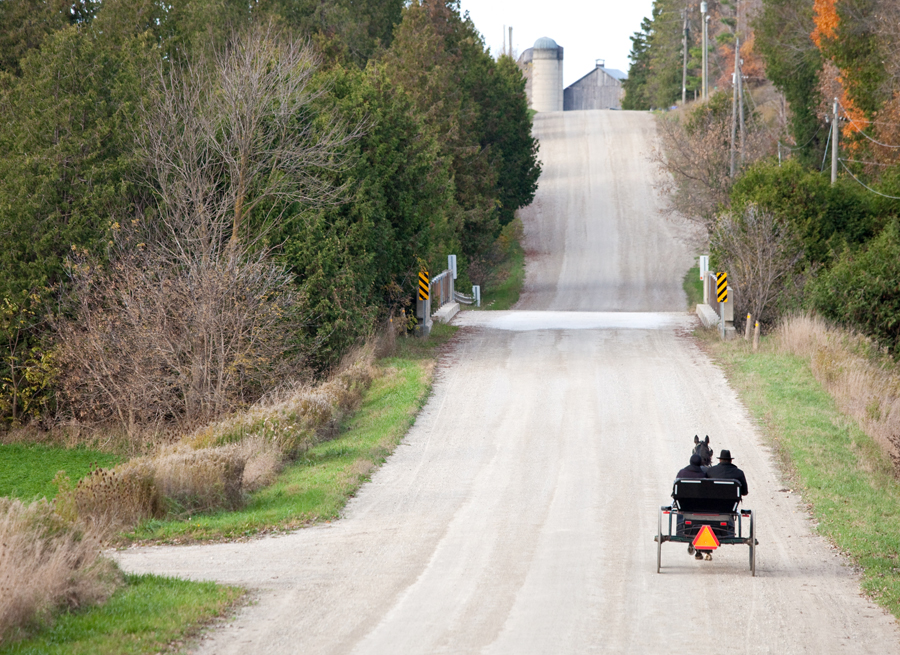Jonathan, Loyal & Brave
When Jonathan, the son of Saul, perished at the Battle of Mount Gilboah in 1000 B.C., he was cherished in memory as a peerless warrior, a faithful son, and a loyal friend.
Jonathan the warrior, unlike most godly men of the Old Testament, died young. Indeed, combat being a pursuit commonly ungenerous in respect to longevity, his prospects for maturing to ripe years were never promising. As we shall see presently, however, Jonathan fought with a derring-do that lowered those chances further yet. He did that fighting, moreover, during a period marked by unusually frequent battles, even for the Middle East.
As for the enemies of Jonathan, their odds for old age were even worse, for he was truly fearsome in the arts of war. The times called for it. When his father Saul became king about 1020, Israel was sore oppressed by several marauding adversaries. These included the invading Ammonites from the east, the Amalekites from the south, and from the west the garrisoned Philistines, who raided the land and ravaged the countryside at will. In fact, it was a military crisis that brought Saul to the throne (1 Samuel 11:1–11).
But Jonathan not only fought back; he habitually provoked the battles. General to a third of Saul’s army, he took it upon himself to initiate a war with the Philistines (1 Samuel 13:2–4). Then, at a point when Israel’s diminishing forces, hemmed in at Gibeah, were threatened with annihilation, Jonathan and his armor-bearer conspired to leave the camp and deliberately incite the enemy. In a rapid series of single-handed encounters, the two of them slaughtered “about twenty men within about half an acre of land,” thus rallying Israel’s forces to an unexpected victory (14:1–23).
Though manifestly adept as a swordsman, it was chiefly as an archer that men remembered Jonathan. They often watched him begin his day in the discipline of that skill (20:20–22,35–38). The funeral dirge of Saul and Jonathan, memorized by the Israelites and in due course recorded in the Book of Jasher, was known, in fact, as the “Song of the Bow” (2 Samuel 1:18), named for that line that reads, “the bow of Jonathan did not turn back” (1:22).
Jonathan’s pursuit of warfare was contoured by, and inseparable from, a warm commitment to his father’s throne. He was a faithful son. Faithful, furthermore, to a father who did not make the matter easy. In fact, that battle at Gibeah was the first occasion when Jonathan’s fidelity to Saul was sorely tried. Putting himself in danger of execution by inadvertently violating his father’s rash oath, Jonathan was delivered at last only by the resolute intervention of the soldiers who refused to see him die (1 Samuel 14:24–46).
The loyalty of Jonathan as a friend is chiefly seen in his association with David. Was it not from their first meeting that “the soul of Jonathan was knit to the soul of David, and Jonathan loved him as his own soul” (18:1)? That occasion itself reveals the attraction that drew these two together. It was the day that David stepped forward to take up the challenge of the giant Goliath, who “defied the armies of the living God” (17:36). David’s abrupt intervention on the battlefield, at the hour when “Saul and all Israel . . . were dismayed and greatly afraid” (17:11), seized the attention of Jonathan. His eyes fixed on this newcomer walking calmly back into the camp, his one hand gripping the giant’s sword and his other the giant’s head. It was then that Jonathan, in a dramatic gesture of undying loyalty, “took off the robe that was on him and gave it to David, with his armor, even to his sword and his bow and his belt” (18:4).
Events would soon test both Jonathan’s loyalty as a friend and his fidelity as a son. The very chapter that tells us “Jonathan and David made a covenant” (18:3) also describes the mounting jealousy of Saul toward David (18:6–13), even to the point of plotting to kill him (20:9–18). As it became obvious to both father and son that David, not Jonathan, would be the next king (20:15; 24:20), the situation grew tense and progressively complex. Saul, increasingly deranged and acting in rage, not only disputed the fidelity of Jonathan (20:30,31), but even made an impetuous attempt on his life (20:33). Remaining ever loyal to David, however, Jonathan stayed steadfast at the side of his doomed father, finally dying with him on the desperate slopes of Gilboah, brave and faithful to the end.
Patrick Henry Reardon is pastor emeritus of All Saints Antiochian Orthodox Church in Chicago, Illinois, and the author of numerous books, including, most recently, Out of Step with God: Orthodox Christian Reflections on the Book of Numbers (Ancient Faith Publishing, 2019).
subscription options
Order
Print/Online Subscription

Get six issues (one year) of Touchstone PLUS full online access including pdf downloads for only $39.95. That's only $3.34 per month!
Order
Online Only
Subscription

Get a one-year full-access subscription to the Touchstone online archives for only $19.95. That's only $1.66 per month!
bulk subscriptions
Order Touchstone subscriptions in bulk and save $10 per sub! Each subscription includes 6 issues of Touchstone plus full online access to touchstonemag.com—including archives, videos, and pdf downloads of recent issues for only $29.95 each! Great for churches or study groups.
Transactions will be processed on a secure server.
more from the online archives
calling all readers
Please Donate
"There are magazines worth reading but few worth saving . . . Touchstone is just such a magazine."
—Alice von Hildebrand
"Here we do not concede one square millimeter of territory to falsehood, folly, contemporary sentimentality, or fashion. We speak the truth, and let God be our judge. . . . Touchstone is the one committedly Christian conservative journal."
—Anthony Esolen, Touchstone senior editor









